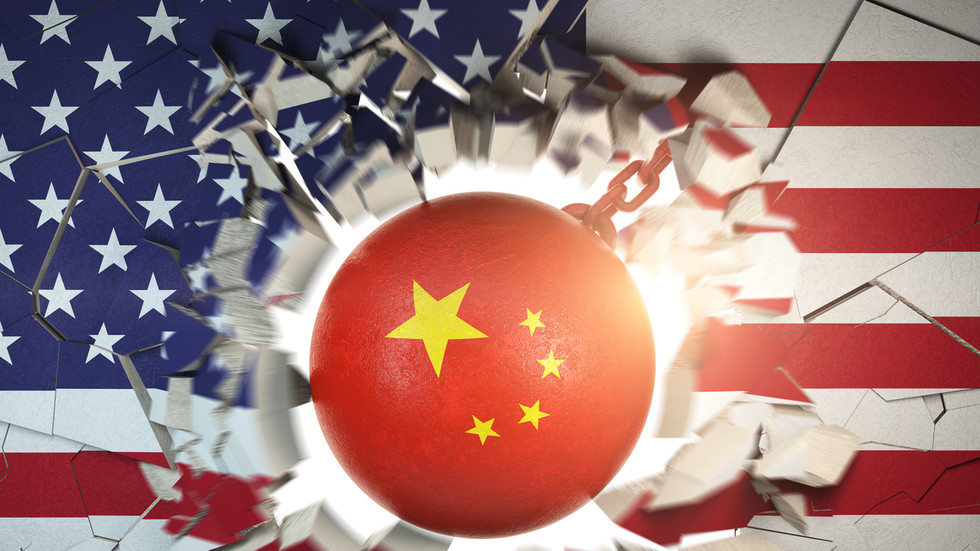In a recent development in U.S.-China relations, Beijing has formally introduced restrictions on exports of critical rare metals and dual-use items in reaction to newly imposed sanctions by Washington. This decision signals a significant escalation in the ongoing technological and economic rivalry between the two countries, particularly in the fields of semiconductor manufacturing and military applications. The Chinese Ministry of Commerce (MOFCOM) stated that these measures aim to protect national security interests while complying with international obligations. Under the new regulations that took effect immediately, China will prohibit the export of items intended for military use to U.S. military users. The key rare metals that are now subject to strict export controls include gallium, germanium, antimony, superhard materials, and various graphite-related dual-use items.
China’s initiative reflects its position as the world’s dominant supplier of these critical materials, particularly gallium and germanium, which are essential for creating computer chips, solar panels, and advanced military equipment. The geopolitical implications of this move are profound, as the Chinese government’s decision to restrict such crucial raw materials could significantly impact the U.S. tech industry and its military capabilities, particularly given Washington’s heavy reliance on China for these imports. Historical data indicates that the United States has not produced gallium since 1987 and depended on China for a substantial share of its gallium imports in recent years. The tightening of these export controls is poised to challenge existing supply chains and potentially lead to higher costs and delays in critical semiconductor production in the United States.
The backdrop to this export ban lies in the recent measures enacted by the U.S. Department of Commerce, which included a prohibition on the export of 24 types of chip manufacturing equipment and specific software solutions. Moreover, 140 Chinese entities—ranging from toolmakers to investment firms—were blacklisted due to their involvement in bolstering China’s domestic semiconductor capabilities. This escalation points to a broader strategy from the U.S. aimed at stifling technological advancements in China that could threaten American national security and economic interests. In the eyes of Washington, such measures are justified in an effort to safeguard U.S. technology from falling into the hands of potential adversaries.
In response to the escalating sanctions, a spokesperson from MOFCOM criticized American practices, asserting that the U.S. has manipulated the notion of national security to politicize and weaponize economic and technological issues. Furthermore, they argued that these behaviors undermine global trade principles and the legitimate rights of businesses, jeopardizing the stability of international supply chains. As the U.S. continues to tighten its grip on high-tech exports, it is evident that the two nations are deeply entrenched in a contest for technological supremacy, with both sides accusing each other of destabilizing the established economic order.
The stakes in this ongoing duel are considerable for both economies, as the U.S. seeks to protect its technological edge while China aims to achieve self-sufficiency in critical tech sectors. This rivalry encompasses not only semiconductors but also broader technological advancements that could dictate future geopolitical power dynamics. As tensions mount and the competition intensifies, both nations are likely to deploy further retaliatory measures that could have significant repercussions for global economic stability and trade practices.
In conclusion, the current U.S.-China confrontation over technology reflects larger strategic interests and concerns about national security. The introduction of export restrictions by China, following the U.S. sanctions, highlights the fragility of the intertwined global supply chains and raises questions about the future of international trade. As both countries navigate this complex landscape, their actions will not only redefine their bilateral relationship but also have lasting effects on global markets and technological progress. The unfolding situation calls for cautious observation, as the implications extend far beyond the immediate economic impacts, encapsulating the broader geopolitical contest shaping the 21st century.

